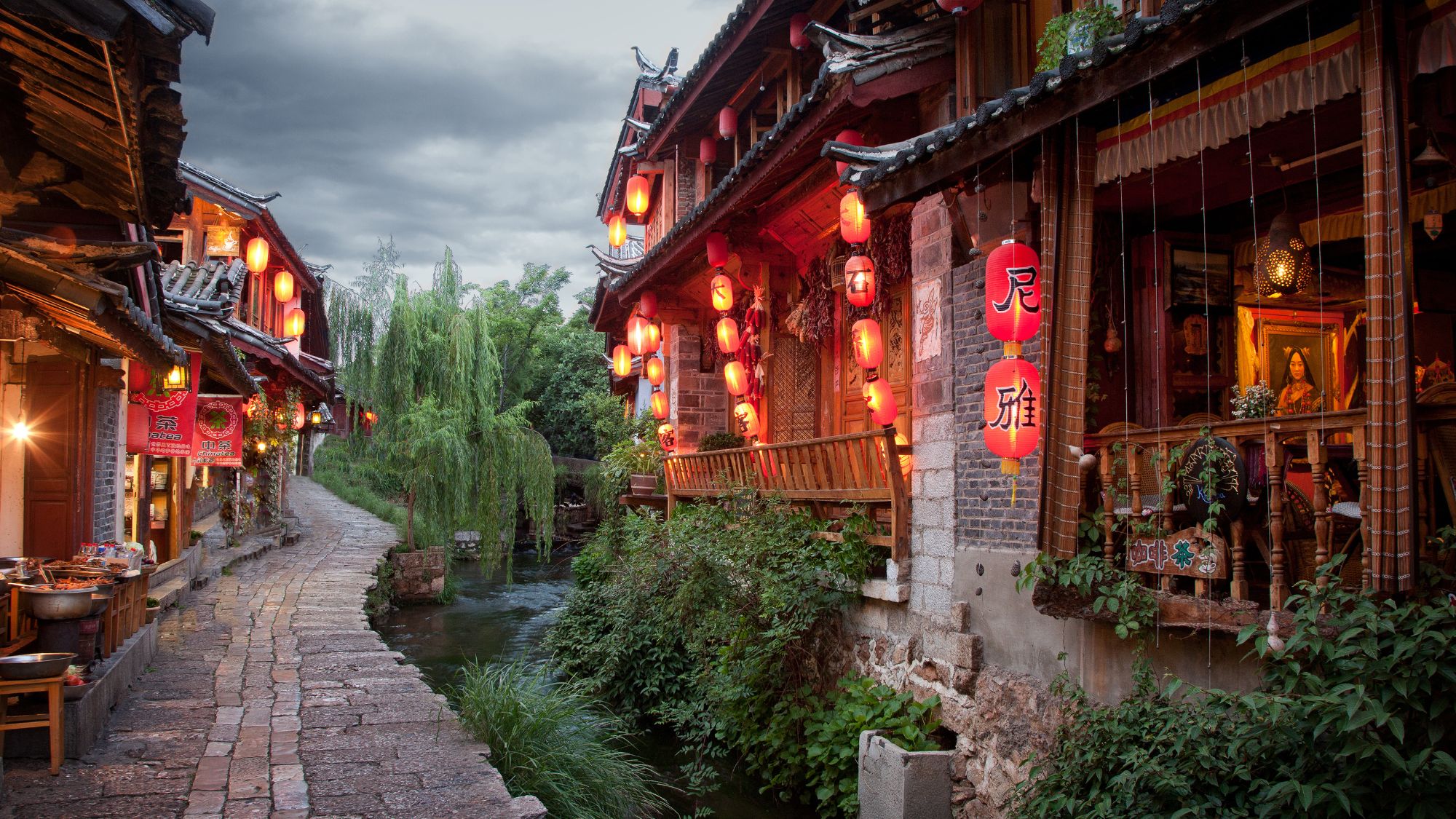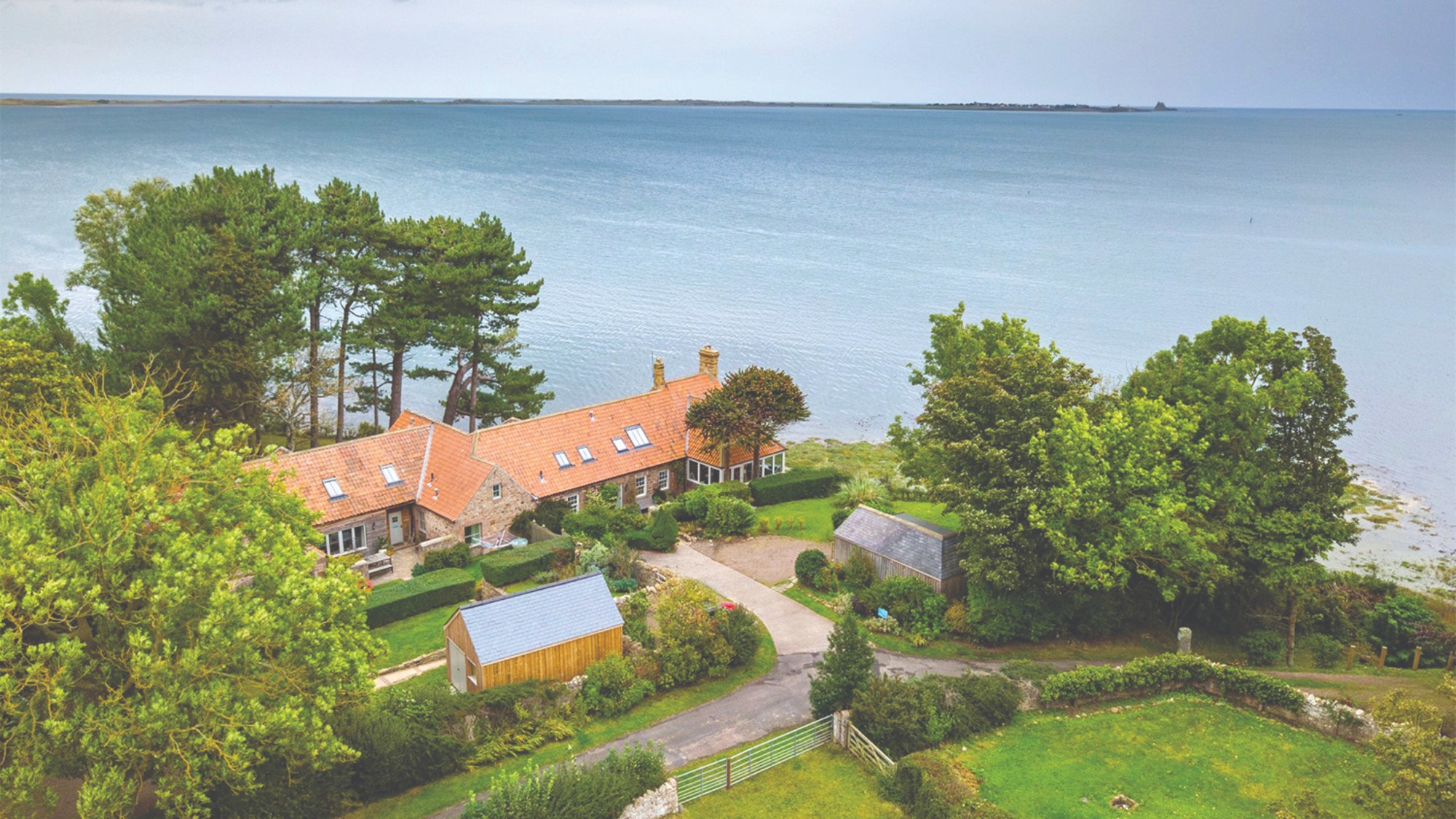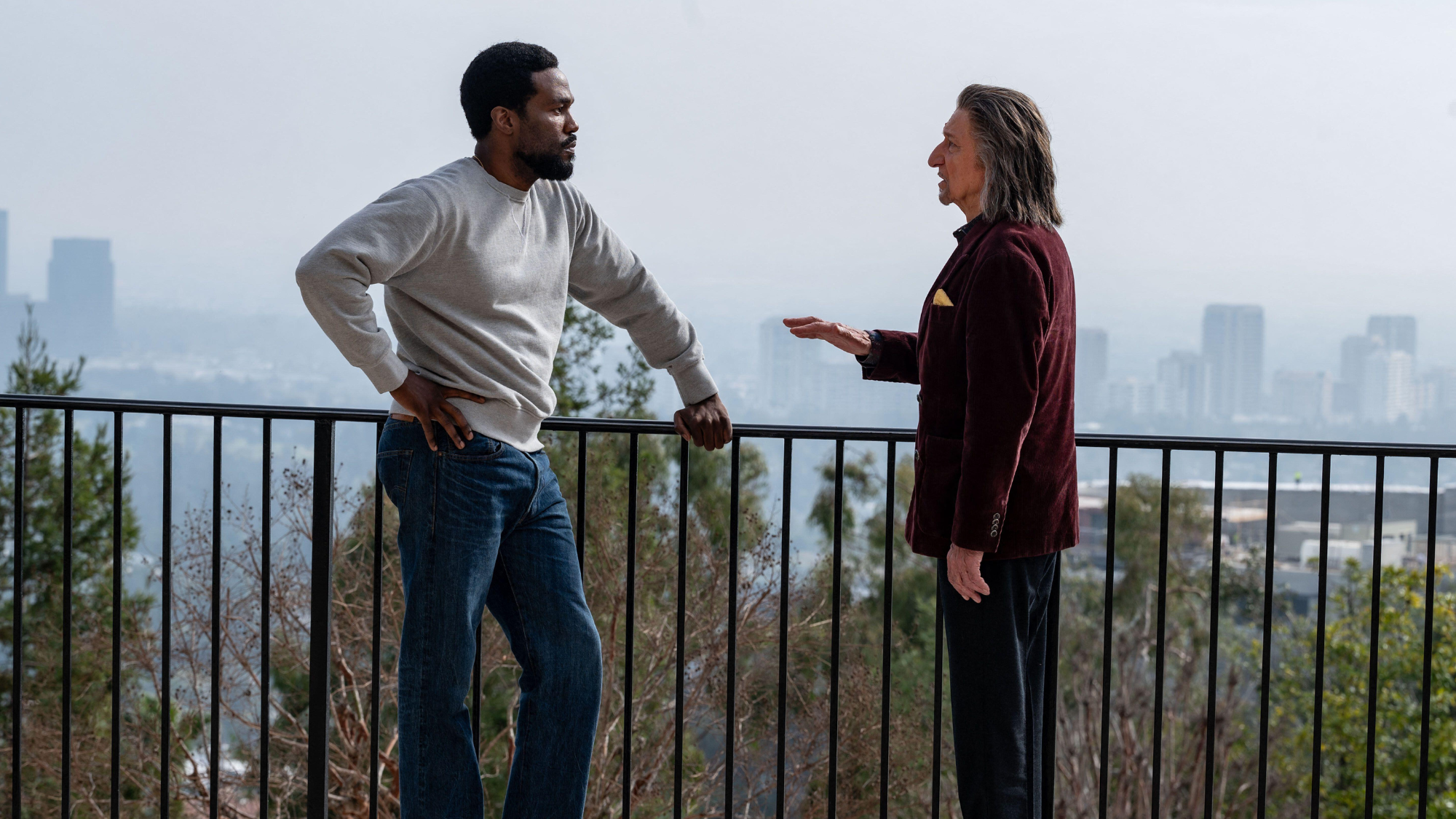Following the Tea Horse Road in China
This network of roads and trails served as vital trading routes

A free daily email with the biggest news stories of the day – and the best features from TheWeek.com
You are now subscribed
Your newsletter sign-up was successful
Older people in Yunnan can still remember the days when merchants with mules plied the Tea Horse Road: the last few caravans "trickled" through this millennium-old network of trading routes between Tibet and southern China in the 1980s, said Chris Schalkx in Condé Nast Traveller.
Today, retracing their steps is a good way to explore the region's history and culture. In Yunnan (a province larger than Germany in China's far southwest), the Lux hotel group has opened eight properties around one of the main historic routes (now a Tarmacked road) from the city of Lijiang north to the Tibetan border. Their art-filled interiors and the guided activities they offer help "bring alive" stories about the past. The merchants carried tea from Yunnan's "steamy" southern valleys to exchange for horses, musk and medicinal herbs in Tibet, and Lijiang, in the north of the province, was a major staging post.
Popular now with domestic tourists, the city is a picturesque place, set against a backdrop of snow-capped Himalayan peaks. In its lively morning market, you'll hear a dozen different dialects spoken – Yunnan is home to roughly 25 of China's 56 recognised ethnic groups, including the Naxi, in the heartland of which Lijiang lies. Indeed, the first village on the road north, Baoshan Shitoucheng, is a "Jenga-like stack of houses" in the Naxi style, with "airy" courtyards and tiled roofs, tumbling down the mountainside towards the Yangtze River.
The Week
Escape your echo chamber. Get the facts behind the news, plus analysis from multiple perspectives.

Sign up for The Week's Free Newsletters
From our morning news briefing to a weekly Good News Newsletter, get the best of The Week delivered directly to your inbox.
From our morning news briefing to a weekly Good News Newsletter, get the best of The Week delivered directly to your inbox.
It's a place that seems unchanged since its founding 1,300 years ago. From Baoshan, the road climbs ever higher, snaking through pine forests and wide, terraced valleys. "Low-slung" Naxi dwellings give way to Tibetan farmhouses with rammed-earth walls and, past the tourist town of Zhongdian (recently renamed Shangri- La), the way becomes quieter.
Prayer wheels spin "into a rainbow blur" along the verge, and at the "incense-perfumed" Ganden Dongzhulin Monastery, you're likely to find yourself admiring its richly painted walls alone.
A free daily email with the biggest news stories of the day – and the best features from TheWeek.com
-
 The world’s most romantic hotels
The world’s most romantic hotelsThe Week Recommends Treetop hideaways, secluded villas and a woodland cabin – perfect settings for Valentine’s Day
-
 Democrats push for ICE accountability
Democrats push for ICE accountabilityFeature U.S. citizens shot and violently detained by immigration agents testify at Capitol Hill hearing
-
 The price of sporting glory
The price of sporting gloryFeature The Milan-Cortina Winter Olympics kicked off this week. Will Italy regret playing host?
-
 6 gorgeous homes in warm climes
6 gorgeous homes in warm climesFeature Featuring a Spanish Revival in Tucson and Richard Neutra-designed modernist home in Los Angeles
-
 Touring the vineyards of southern Bolivia
Touring the vineyards of southern BoliviaThe Week Recommends Strongly reminiscent of Andalusia, these vineyards cut deep into the country’s southwest
-
 Nan Goldin: The Ballad of Sexual Dependency – an ‘engrossing’ exhibition
Nan Goldin: The Ballad of Sexual Dependency – an ‘engrossing’ exhibitionThe Week Recommends All 126 images from the American photographer’s ‘influential’ photobook have come to the UK for the first time
-
 American Psycho: a ‘hypnotic’ adaptation of the Bret Easton Ellis classic
American Psycho: a ‘hypnotic’ adaptation of the Bret Easton Ellis classicThe Week Recommends Rupert Goold’s musical has ‘demonic razzle dazzle’ in spades
-
 Properties of the week: houses near spectacular coastal walks
Properties of the week: houses near spectacular coastal walksThe Week Recommends Featuring homes in Cornwall, Devon and Northumberland
-
 Melania: an ‘ice-cold’ documentary
Melania: an ‘ice-cold’ documentaryTalking Point The film has played to largely empty cinemas, but it does have one fan
-
 Nouvelle Vague: ‘a film of great passion’
Nouvelle Vague: ‘a film of great passion’The Week Recommends Richard Linklater’s homage to the French New Wave
-
 Wonder Man: a ‘rare morsel of actual substance’ in the Marvel Universe
Wonder Man: a ‘rare morsel of actual substance’ in the Marvel UniverseThe Week Recommends A Marvel series that hasn’t much to do with superheroes